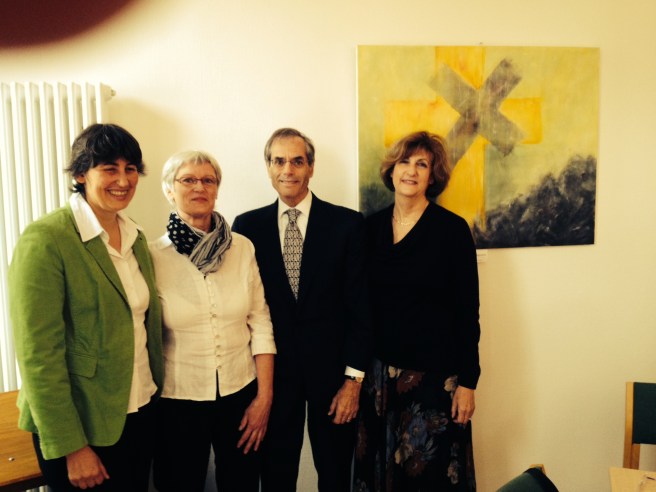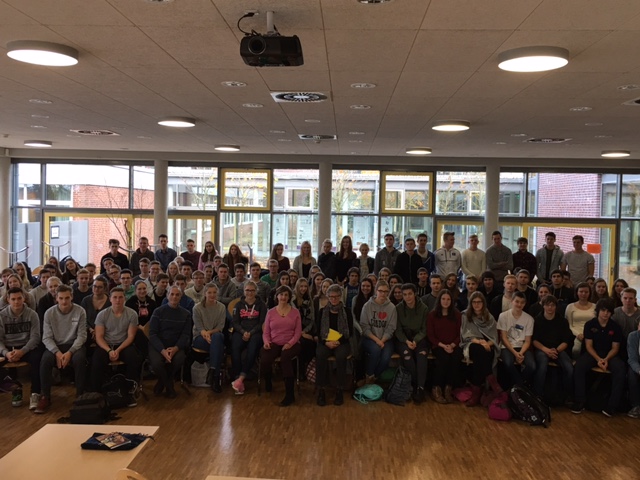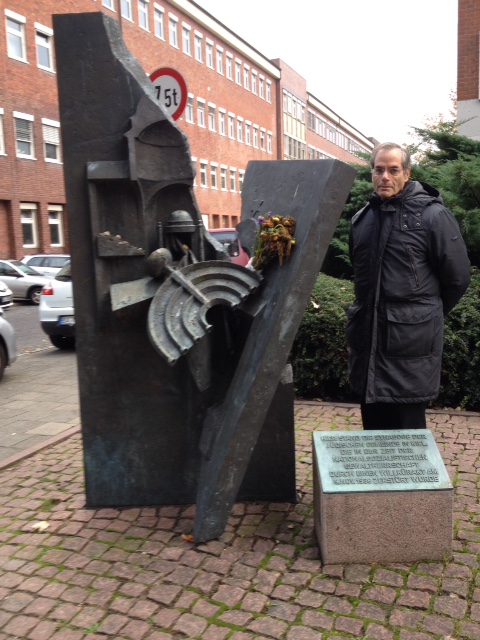When we were slaves in Egypt, the Pharaoh was not just the country’s king. Pharaoh was a god.
That pagan god was afraid that we Hebrews were becoming too numerous. So he called in the Hebrew midwives Shifrah and Puah and told them: when you help the Hebrew women give birth, if you see that the child is a boy, kill it. If it is a girl, let her live.
But the midwives ignored the instruction of that god-Pharaoh. They listened instead to the voice of the one true God, a different type of God, and kept the boys alive.
The pagan god-Pharaoh then ordered his soldiers to throw every Hebrew baby boy into the Nile. But Yocheved was loyal to a different type of God and would not give up her baby.
With a fervent prayer she set her precious child in a basket and floated him in the water. It was a desperate move by a desperate woman. When Pharaoh’s daughter found the baby, she knew it was a Hebrew. She knew that her father her king and her god ordered Hebrew boys drowned. If she were faithful to him she would have simply tipped over the basket and went on with her bath. But Pharaoh’s daughter heard and heeded the voice of a different type of God, named the boy Moses, and adopted him as her own.
For that reason the rabbis give her the name Bityah, which means “daughter of The Eternal One (B. Megillah 13a).”
Before the Torah introduced the world to “a different type of God,” people viewed their gods as forces that they presumed had power. The whole purpose of religion was to appease those gods –to keep them from using their power to hurt, or perhaps to entice the gods to use their powers to help, the worshippers.
So, if I were a farmer I would plant my crops and then make an offering to the agriculture god. If I had a good harvest I would assume the god accepted my offering.
But if there was a problem-–a drought, or a famine or a plague of locusts — then I would assume that the god had found my offering inadequate, and I would make a larger offering the next time.
Eventually and inevitably these escalating offerings to pagan gods led to human sacrifice.
Our God—the God the Torah introduces to the world—is completely different.
Our God is more than a dispenser of rewards and punishments in response to offerings.
- Our God abhors and utterly rejects—as the story of the binding of Isaac teaches—the abominable practice of human sacrifice.
- Our God created the world with one overriding purpose: For human beings to create a just, caring and compassionate society.
In pursuit of that goal, God made a Covenant with Abraham, Sarah and their descendants. That Covenant underlies everything we do today as Jews.
In our Covenant God promises to protect us, give us children, make us a permanent people, and give us the land of Israel.
In return God charges Abraham and all of us: Be a blessing, walk in God’s ways and be worthy, and use our talents to establish a society filled with Tzedakah Righteousness and Mishpat, justice!
Several generations later we found ourselves enslaved to Pharaoh in Egypt. The value systems of Pharaoh and God were so different that they could not coexist. Pharaoh was a typical pagan god. He enslaved us to build his monuments and pyramids for no greater purpose than to glorify and exalt him. If his taskmasters beat us so that we would work harder that was fine. If they threw our baby boys into the Nile as a sacrifice to their river-god, they saw nothing wrong with that.
But God, the Torah teaches, remembered our Covenant, went to war with the pagan god Pharaoh and got us out of there.
Because God freed us from Egypt and brought us to Mt Sinai to renew our sacred Covenant, we owe God a debt we can never fully repay. But we should spend our lives trying!
Are these biblical stories true?
I honestly do not know. But the truth of these stories does not depend on their historical veracity. The truth of these stories lies in the world-changing ideals and values we learn from them.
At Sinai our narrative teaches in much greater detail of God’s hopes that we worship no other gods, keep the Sabbath holy, not murder, steal, commit adultery, bear false witness or covet. We learned not to spread false rumors and to treat the poor, the widow and the stranger with dignity and respect.
Later on we adopted the ideal that study and learning were vital ways of worshipping our God. We were to study and learn, our tradition taught, not just so that we could be successful, but also so that we could use our talents and training to worship God by making the world a better place.
All of our Jewish practices—Shabbat, Holy Days, Chanukah, Passover, weddings, Bar or Bat Mitzvah, all of them, even funerals—have one main purpose: to inspire us to work toward the ultimate goal of creating the type of society God wants.
Tutoring kids in reading or math, conducting food drives, becoming a big brother or sister, healing the sick, teaching and philanthropy are some of the ways we fulfill our covenantal responsibilities. We do these things because long ago our ancestors became partners with a different type of God, who wants us to use our talents and abilities to make the world a better place.
 Surrounded by Leo, Ben, Vickie and Sarah before my surgery, November 29, 2012
Surrounded by Leo, Ben, Vickie and Sarah before my surgery, November 29, 2012




